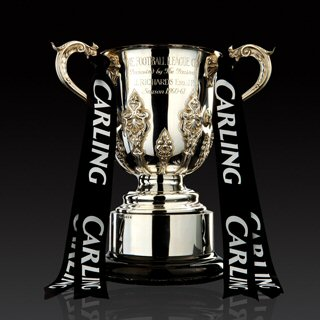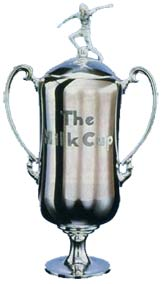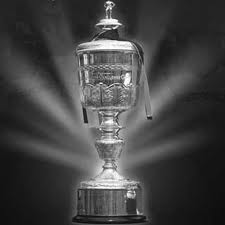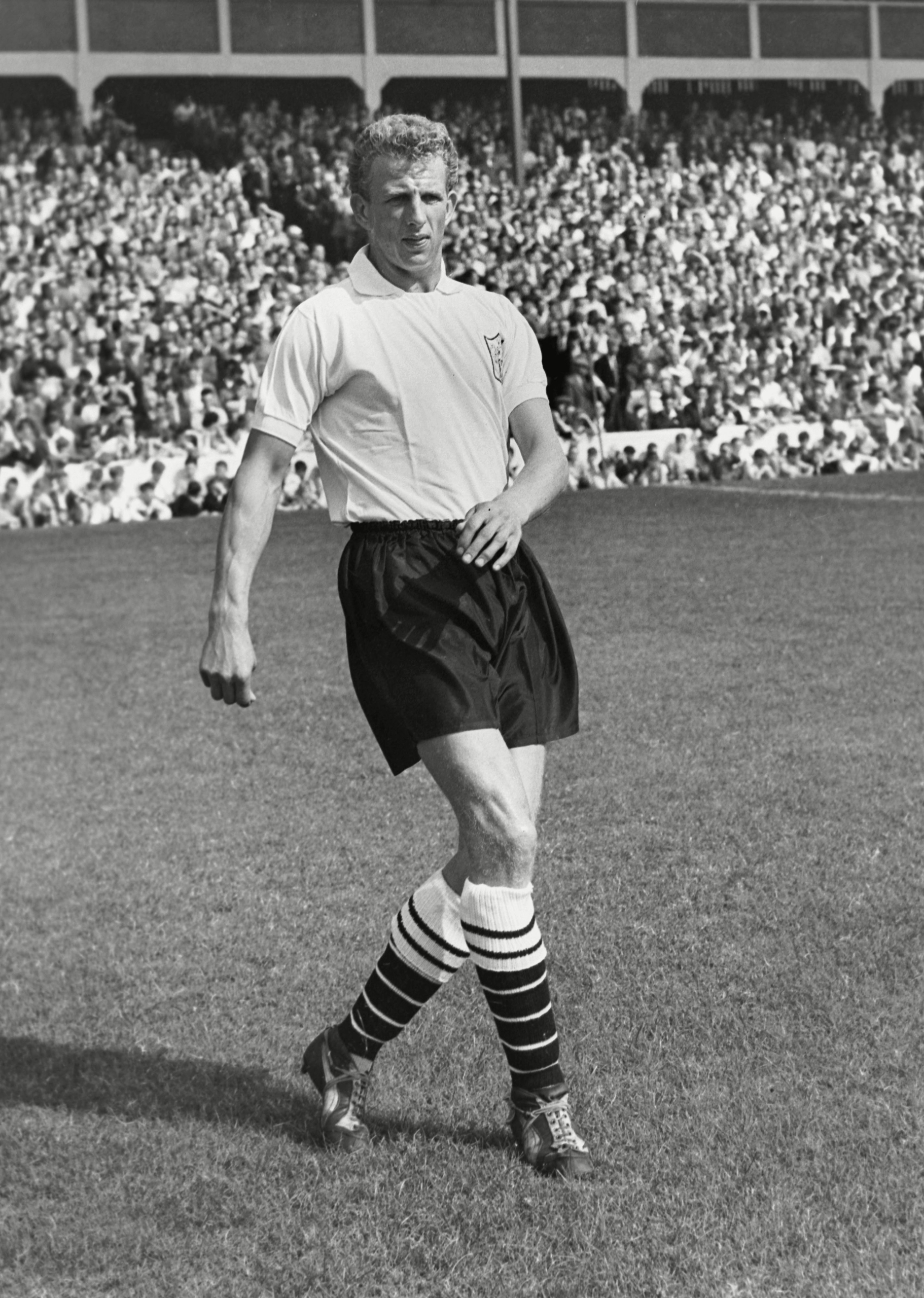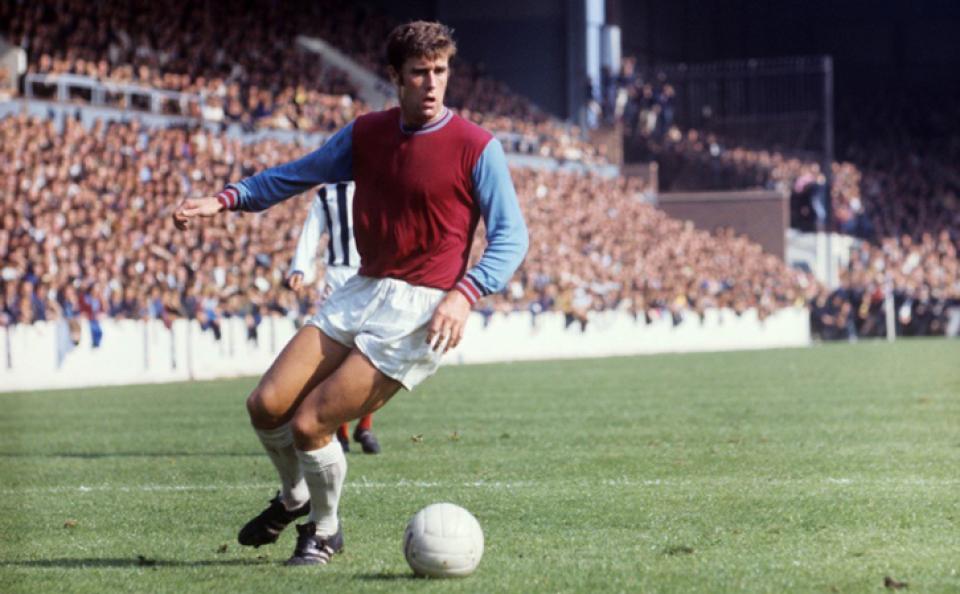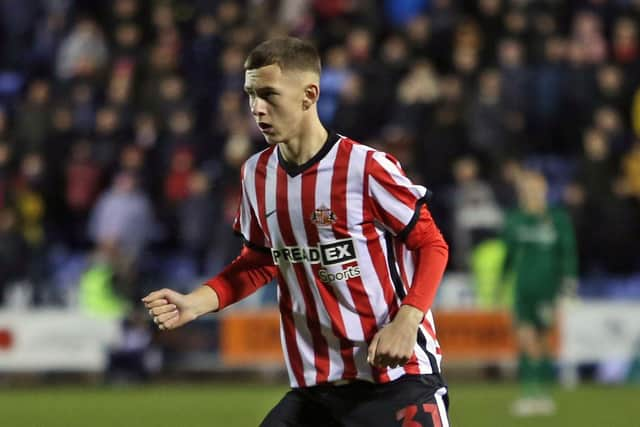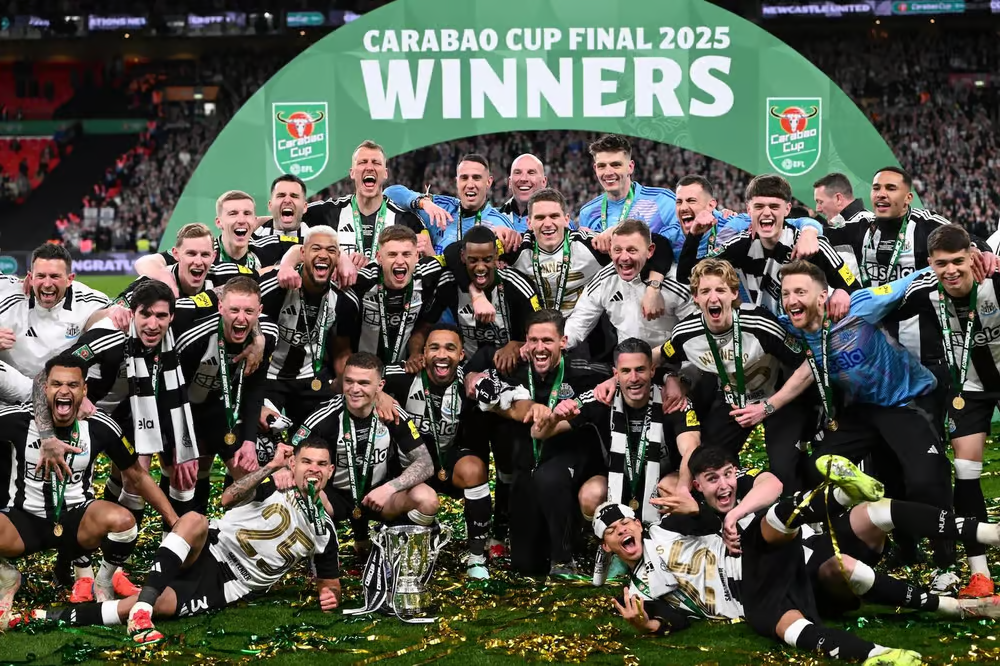THE LEAGUE CUP
The three League Cup trophies used in the competition. (L-R: the League Cup, the Milk Cup, the Littlewoods Challenge Cup)
During the late 1950s, the majority of senior English clubs equipped their grounds with floodlights. This opened up the opportunity to exploit weekday evenings throughout the winter. The League Cup was introduced in the 1960–61 season specifically as a mid-week floodlit tournament, to replace the Southern Professional Floodlit Cup. In the early years of the competition, many of the top teams declined to take part. It was only when automatic entry to the UEFA Cup was promised to the winners that the full League membership took part.
In the last 10 years, following restructuring of European football, and the introduction of the restructured format of the UEFA Champions League, the League Cup was threatened with losing its UEFA Cup berth for its winners. It has retained it has retained its Europa Conference League berth, however; England and France are the only UEFA members offering a European place to the winners of their second cup competitions. This has allowed the League Cup to retain popularity, especially with fans of clubs for whom success in cup competitions offers their only realistic chance of qualifying for Europe.
The competition has been sponsored since the 1982 season as follows:
Entry to the competition was not mandatory for League clubs until the 1971/72 season. 1960/61 saw 87 entrants, the missing clubs being Arsenal, Sheffield Wednesday, Tottenham Hotspur, West Bromwich Albion and Wolves. These clubs had filled four of the top five places in the First Division of 1959/60. The increase in the number of clubs entering in 1966/67 reflected the decision to play the final at Wembley and also to grant entry to winner to the European Inter-Cities Fairs Cup (later the UEFA Cup). 1969/70 was the first season when all 92 clubs entered. Everton missed the 1970/71 season. After entry became compulsory in 1971/72, Luton Town were disqualified in 1986/87 because of the club’s ban on away supporters entering their ground.
Entries have been as follows:
The first games took place under floodlights on 26th September 1960. Bristol Rovers beat Fulham 2-1 and West Ham beat Charlton Athletic 3-1. The first goal in the competition was scored by Maurice Cook, Fulham’s centre forward, in the ninth minute at 7.24pm.
(Maurice Cook - first goalscorer in the League Cup)
The competition's top goalscorers are Ian Rush and Sir Geoff Hurst with 49 goals each:
The competition's youngest scorer is Chris Rigg (aged 16 years and 51 days) who scored in Sunderland's defeat to Crewe Alexandra on Tuesday 8 August 2023:
The competition's lowest attendance was 612 for the match played between Halifax Town and Tranmere Rovers on Wednesday 6th September 2000 at Valley Parade, Bradford. The final score was 1-2.
The highest scoring penalty shoot-out was between Preston North End and Fulham on 17th September 2024 in the Carabao Cup 3rd round match at Deepdale. Preston won the shootout 16-15:
Current holders: NEWCASTLE UNITED
Here's a full list of the League Cup winners:
For details of the League Cup final results click here. For details of each season's results or your club's League Cup results click here. For details of League Cup semi-final appearances click here.
| ||||||||||||||||||||||||||||||||||||||||||||||||||||||||||||||||||||||||||||||||||||||||||||||||||||||||||||||||||||||||||||||||||||||||||||||||||||||||||||||||||||||

